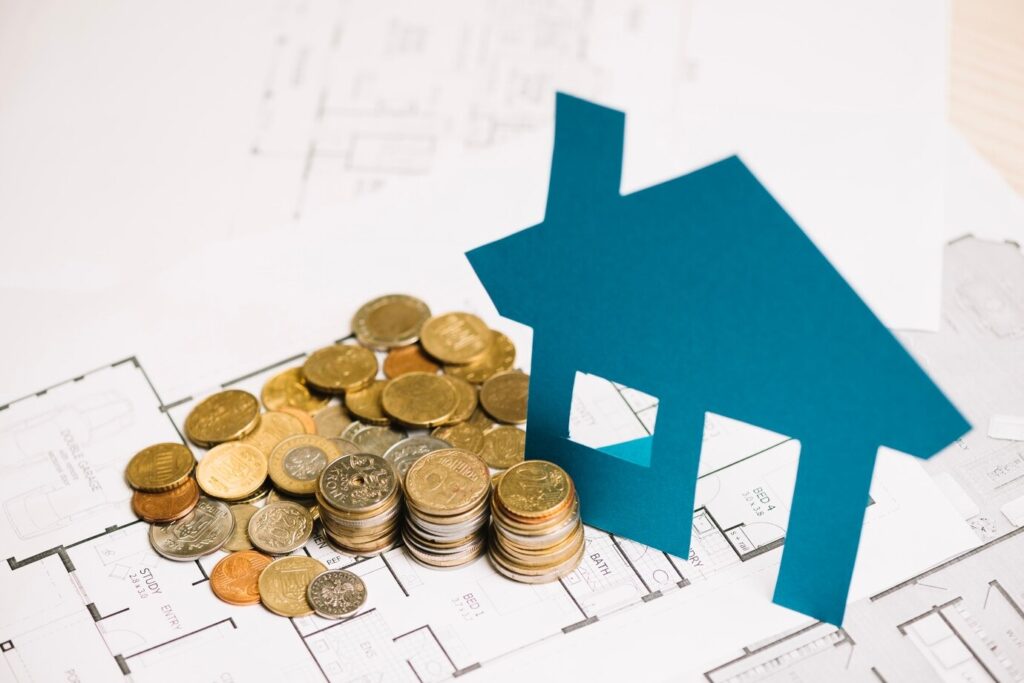Budgeting for life in Tacoma, Washington, in 2024 requires a nuanced understanding of the local economy, housing market, and lifestyle costs. As a vibrant city with a rich cultural scene and a growing job market, Tacoma attracts residents who appreciate its blend of urban amenities and natural beauty.
However, like any city, living in this one comes with its own set of financial considerations, from housing expenses to transportation and entertainment costs. This guide will provide a comprehensive overview of how to effectively budget for living in Tacoma in 2024. We will explore the essential cost categories that potential residents need to consider, including housing, utilities, food, and transportation, along with tips for making smart financial choices.
Let’s delve into the details of crafting a budget that aligns with your lifestyle and financial goals in this beautiful place.
What Do You Need to Know when It Comes to Housing Costs?

Housing is typically the largest expense in any budget, and Tacoma is no exception. As of 2024, the housing market in Tacoma has seen varying trends, with costs influenced by location, property type, and market dynamics.
For those looking to buy a home, prices can vary significantly from neighborhood to neighborhood. Areas closer to downtown or with views of Puget Sound tend to be pricier, while more affordable options might be found in up-and-coming areas or further from the city center.
Renters in Tacoma also face a range of prices, depending on the size and condition of the property as well as its proximity to major amenities like public transportation and shopping areas. As suggested by Tripalink, it’s crucial to research and compare different areas and housing types to find a place that meets your budget and lifestyle needs. Utilizing online tools and real estate websites can help you get a realistic view of current market prices.
How Should You Budget Your Cash when It Comes to Utilities and Services?
Utility costs in Tacoma, including electricity, water, gas, and garbage services, can vary depending on the size of your living space and your usage patterns. On average, residents can expect to pay a moderate amount for these services, in line with or slightly above national averages. Additionally, considering internet and cable services, which are essential for many, is important. Shopping around for bundle deals or promotions can help reduce these costs.
What Do You Need to Consider when Planning Your Transportation Expenses?

Tacoma’s public transportation system, including buses and the light rail service, provides affordable options for getting around the city. Investing in a monthly pass can be cost-effective for regular commuters.
For those who prefer to drive, it’s important to account for costs such as fuel, parking, and vehicle maintenance, which can add up quickly. Tacoma’s proximity to Seattle also means that some residents may commute to jobs in the larger city, which should be factored into monthly transportation budgets.
How Should You Plan for Groceries and Food Costs?
The cost of food in Tacoma can vary widely based on your eating habits and whether you dine out frequently or cook at home. The city offers a range of dining options, from inexpensive cafes to high-end restaurants.
For home cooking, local supermarkets and farmers’ markets provide a selection of reasonably priced groceries. Planning your meals, taking advantage of sales, and shopping at local markets can help keep food costs manageable.
How Much Money Would You Need for Entertainment?
Living in Tacoma offers access to a variety of entertainment and recreational activities, from museums and cultural events to parks and outdoor adventures. While many outdoor activities are free or low-cost, entertainment like movies, concerts, and dining out can increase your monthly expenses. Setting aside a specific portion of your budget for entertainment will allow you to enjoy what the city has to offer without overspending.
Are There Any Healthcare Costs You Can Plan Around?

Healthcare is another critical factor to consider when budgeting for life in Tacoma. The cost of healthcare can vary depending on your insurance coverage, the types of health services you require, and the frequency of doctor visits.
It is advisable to research local healthcare plans and providers to find coverage that balances affordability with your healthcare needs. Consider factors like premiums, deductibles, copays, and out-of-pocket maximums. Also, explore any employer-sponsored health benefits or local health programs that might reduce your overall healthcare expenses.
How Can You Plan Your Education Expenses?
For those with families, or individuals pursuing further education, budgeting for educational costs is essential. Tacoma offers a range of educational institutions from public schools to private and charter options, as well as higher education at universities and colleges.
While public schools do not have tuition fees, other educational expenses like supplies, field trips, and extracurricular activities can add up. For private education and higher education, tuition fees can be substantial, and it’s important to plan these costs well in advance, considering available scholarships, grants, and financial aid programs.
What Do You Need to Do when It Comes to Savings and Emergency Funds?

Finally, it’s wise to build savings and an emergency fund into your budget. Life can be unpredictable, and having savings can help you manage unexpected expenses without financial strain. Aim to set aside a portion of your income each month into a savings account, and consider investments or other savings options that can grow your funds over time.
Make Sure You Plan and Adjust for Inflation Before You Make Any Final Decisions
In an ever-changing economic landscape, considering the impact of inflation is crucial when planning a long-term budget. Prices for housing, utilities, groceries, and transportation may increase over time.
Keeping an eye on economic forecasts and adjusting your budget annually or as needed can help you stay ahead of potential increases in living costs. This might mean increasing your savings rate or cutting back on non-essential expenses to maintain financial stability.
Budgeting for life in Tacoma requires a comprehensive approach that accounts for all facets of living costs—from housing and transportation to food, healthcare, and entertainment. By understanding the local market, planning for future needs, and utilizing available resources, you can create a budget that allows you to enjoy living in this vibrant city without financial strain.
Whether you’re new to Tacoma or adjusting your existing budget, these guidelines will help you navigate the financial aspects of living in this dynamic urban environment, ensuring a balanced and enjoyable lifestyle.




